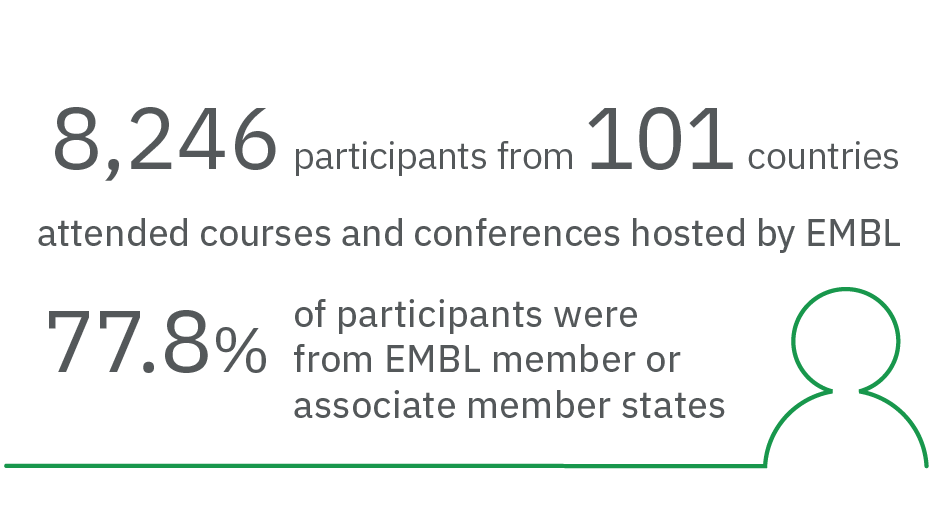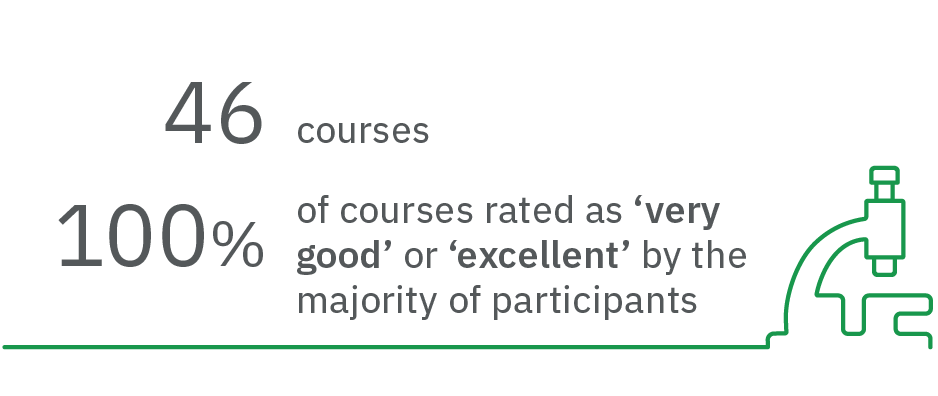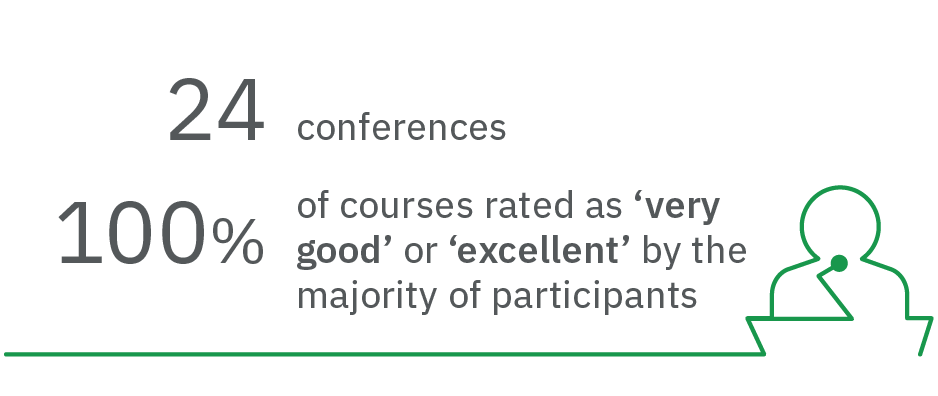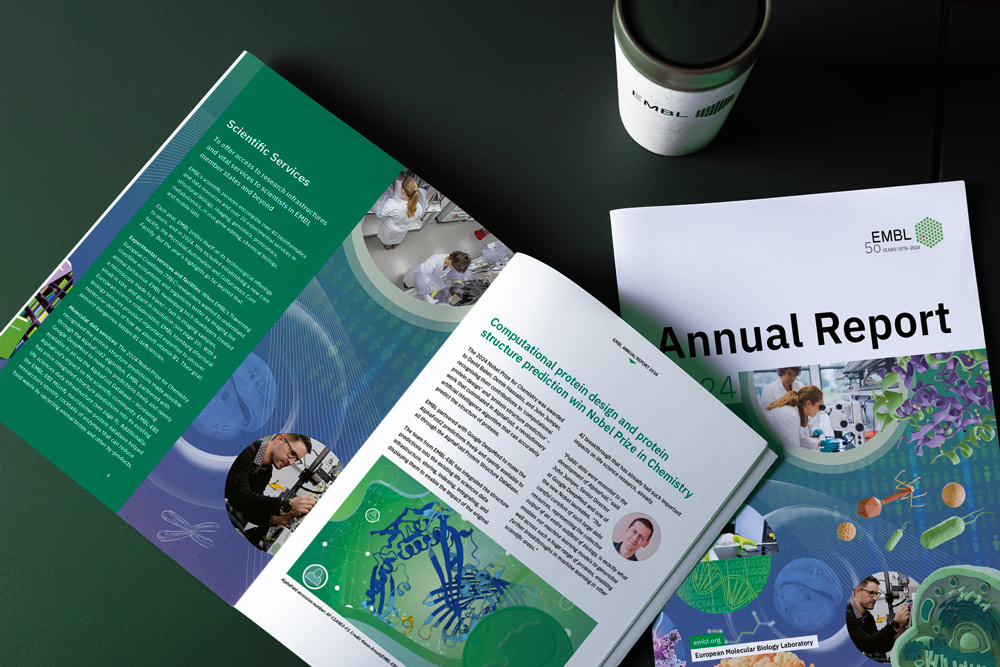
EMBL training aims to foster scientific inquiry and share knowledge among scientists, students, and visitors at all levels in the life sciences. Each year, EMBL also provides important science education programmes and public engagement activities.
Notably, in 2024, the European Commission funded EMBL’s unique infrastructure training programme, ARISE2. Additionally, TREC and the anniversary celebration lent themselves to important engagement activities, with impacts felt throughout Europe.
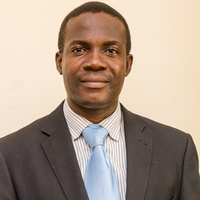

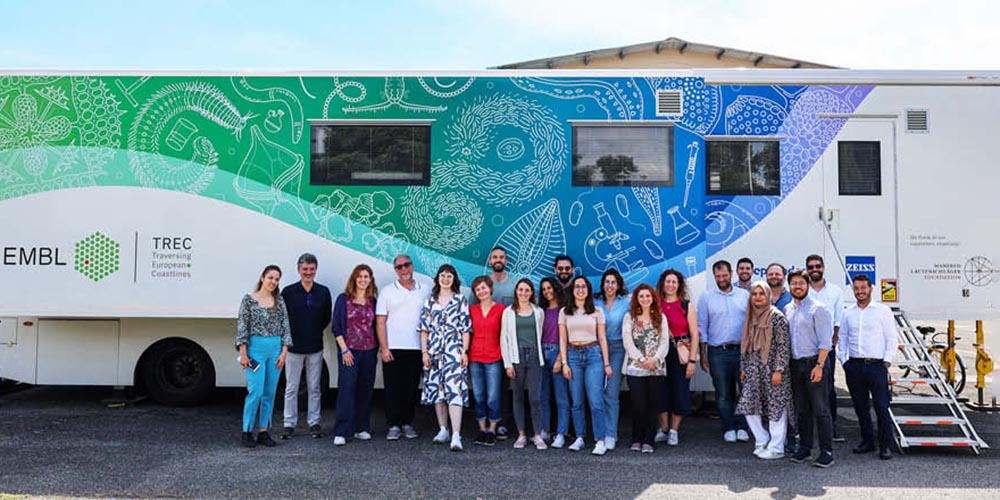

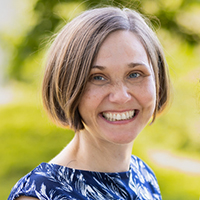
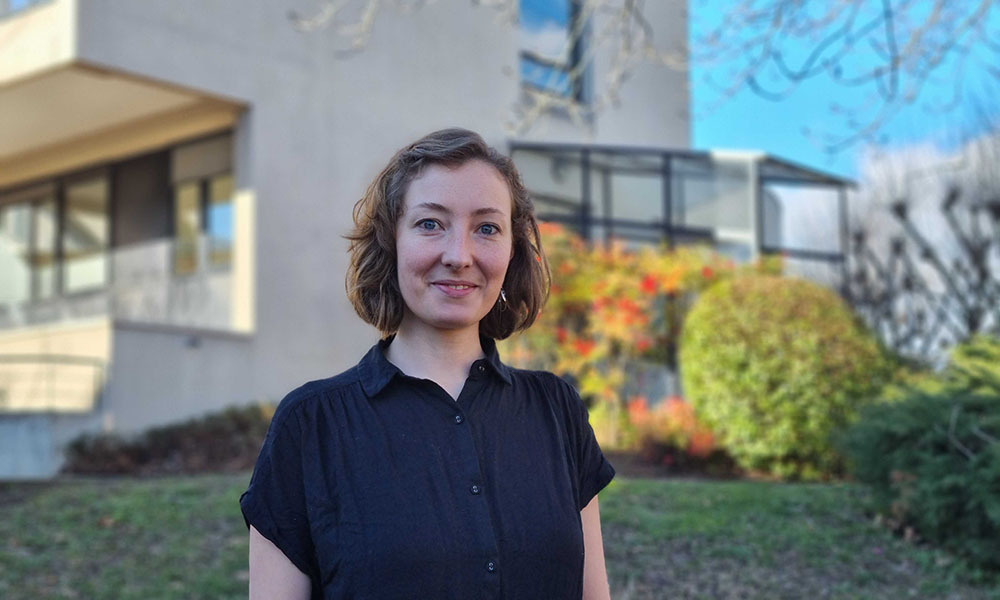
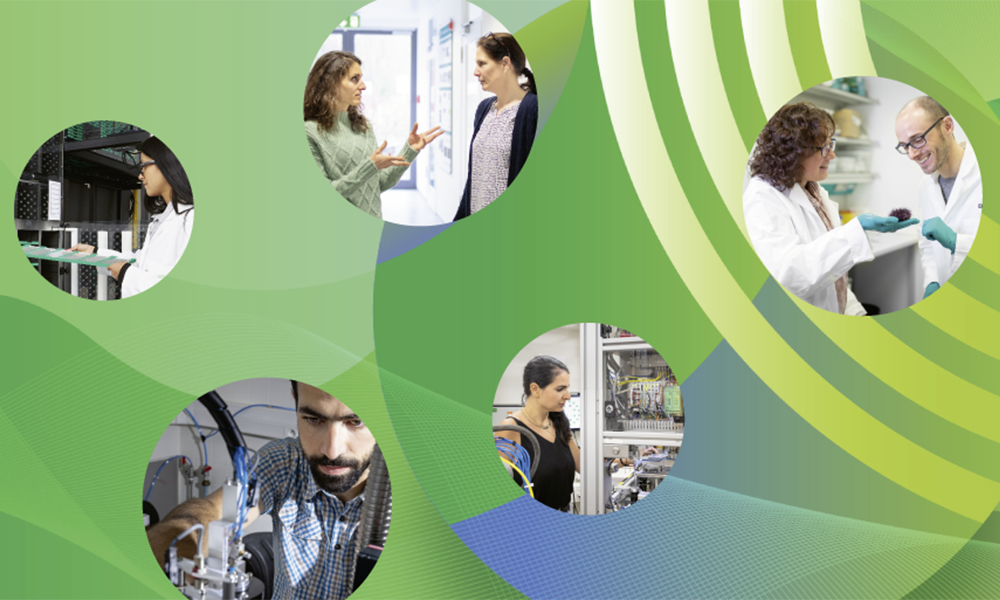
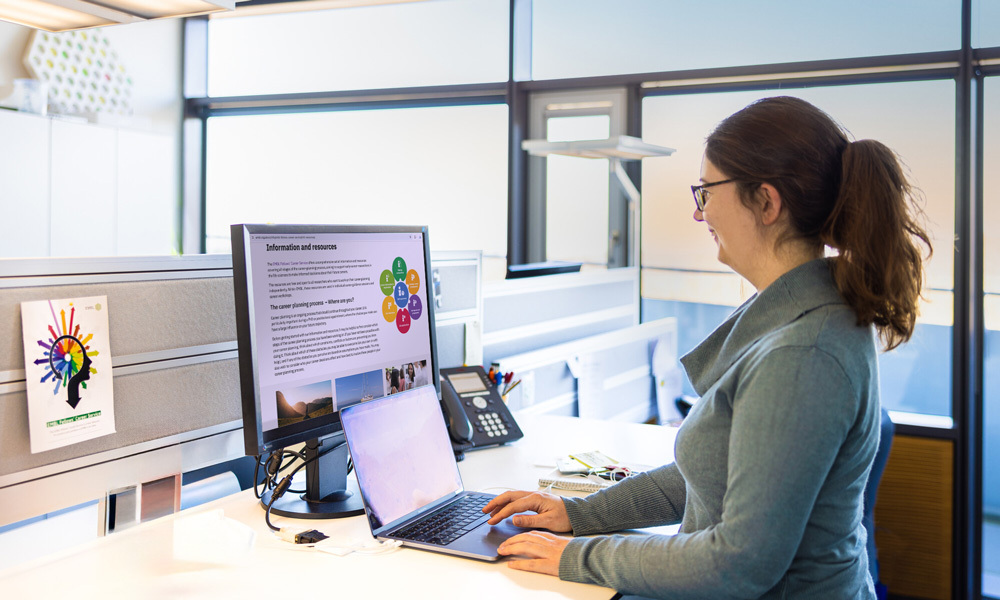

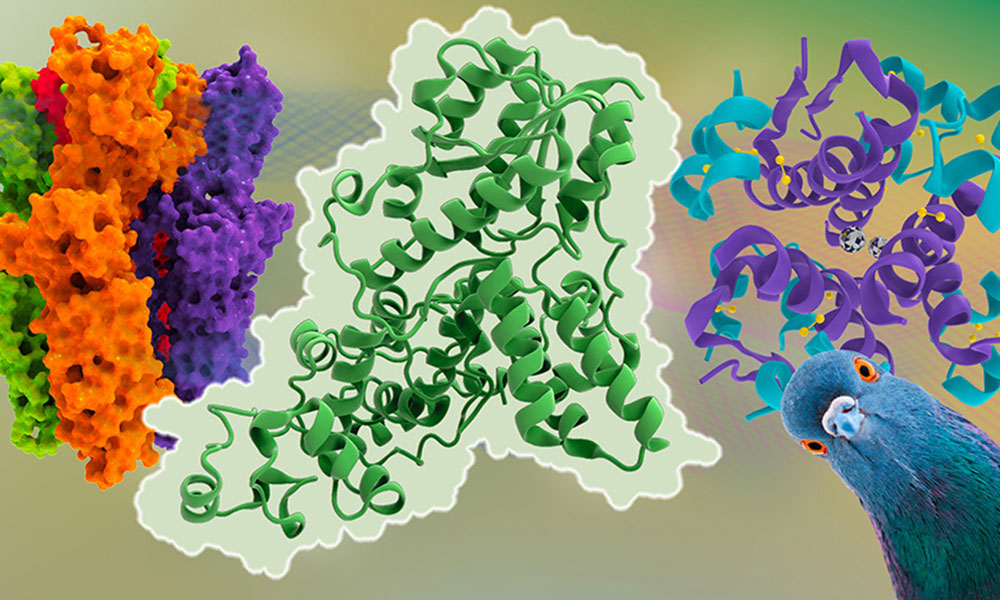
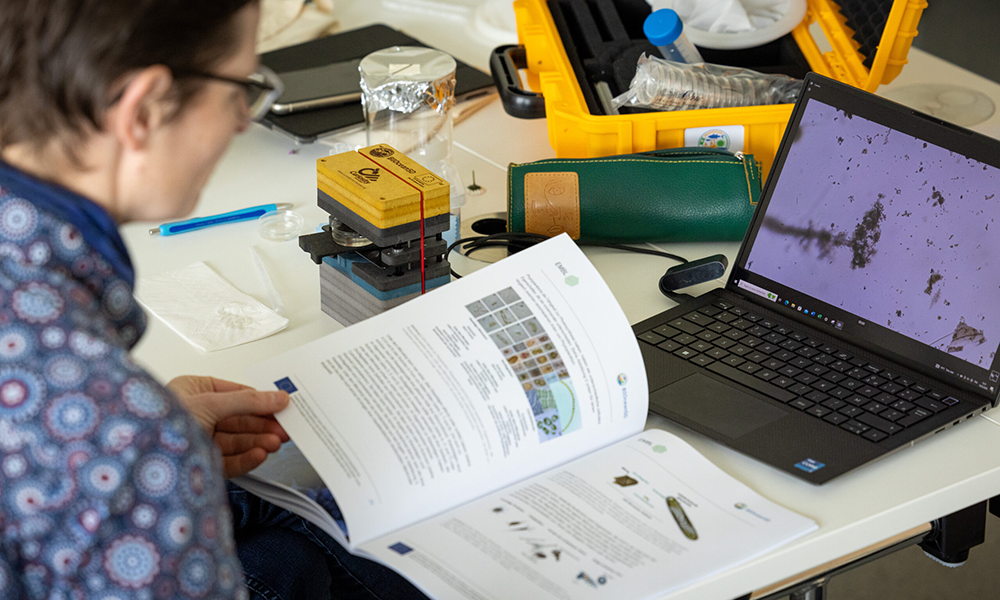


![Graphic showing: Multidisciplinary postdoctoral programmes 69 new postdocs 234 total postdocs* *Does not include former PhD students finalising projects via a bridging postdoc contract. [Doughnut graph] 139 classical stream 58 EIPOD programme 33 personal merit fellowship 4 site-specific programmes 62 postdocs departing in 2024](https://www.embl.org/about/info/annual-report/wp-content/uploads/2025/05/20250513_WEBSITE_STATS_Training6-1024x341.png)
